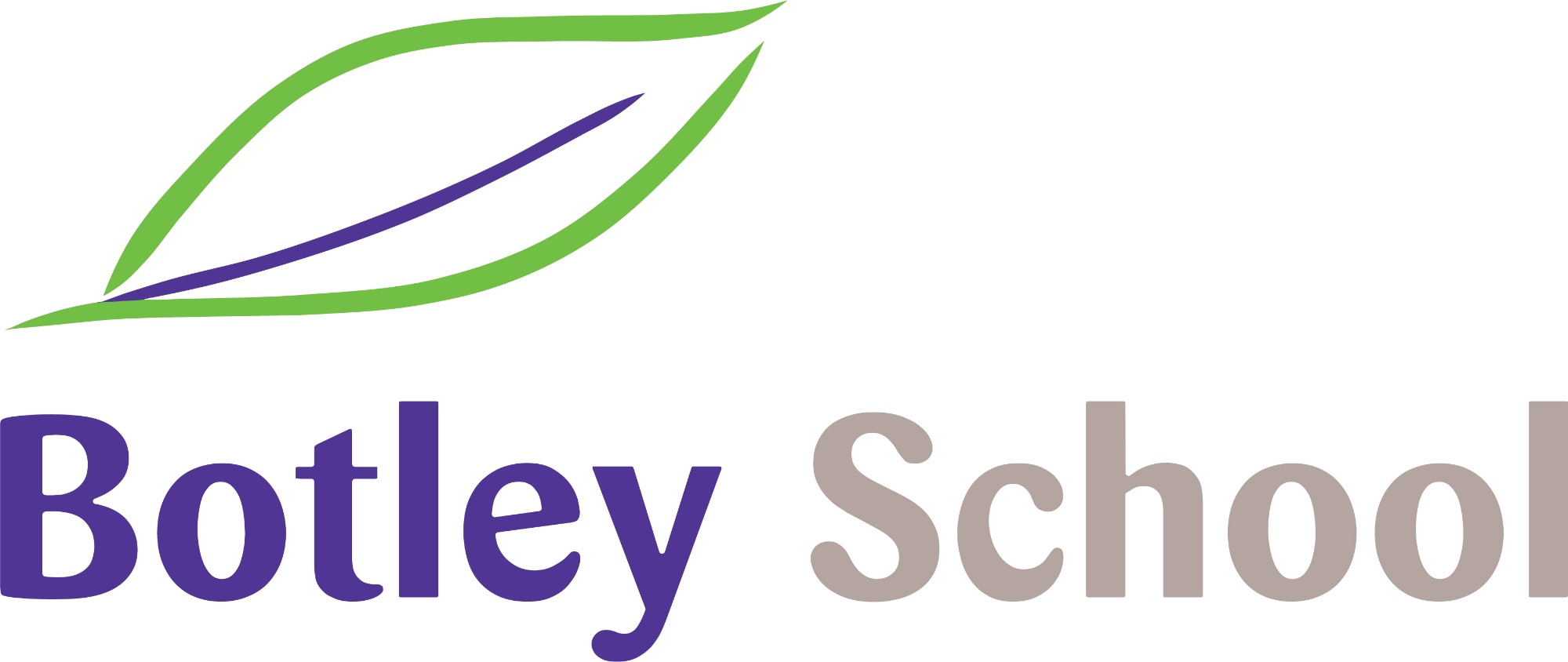Phonics, reading and writing
Activities
Here are some useful documents/activities that you could do with your child at home to support their reading and writing
- Share books – read together daily, talk about the pictures and predict what will happen next. Re-read favourite books and encourage your child to join in. Rhyming books and those that have a repeated refrain such as “You can’t catch me I’m the Gingerbread Man” are particularly good books to encourage your child to join in with. Don’t be afraid to use silly voices when you read, your child will love this!
- Sing Nursery Rhymes together. Rhymes are really important for young children as they help develop an ear for language and introduce new vocabulary. Their rhythm and repetition make them easy to remember and developing memory plays a large part in learning to read. Nursery rhymes are a source of developing children’s early phonic and math skills.
- Lots of mark making activities. This doesn’t need to stick to pens and paint, you can be as creative as you like. Some ideas that we find work particularly well are using chalks or water and brushes on the ground or walls outside, making marks using sticks in mud/ice/snow, tracing fingers through sensory materials such as sand/flour/paint/gloop (a wonderful mixture of corn flour and water.) Encourage your child to talk about what they are doing; this is the beginning of their storytelling and writing journey. If your child is making a picture you could be their scribe and write down their story for them.
- Name writing. Help your child to practice writing their name (using a capital letter for only the initial letter.) The best way to do this is by creating real scenarios e.g. encouraging your child to add their name to a card or thank you letter, on a picture they have made for somebody or adding their name to a list will be more meaningful for them rather than just copying their name.
- I spy games e.g. can you find something that begins with an ‘a’? (say the letter sound rather than the letter name.) Can you find something that rhymes with ‘cat’? To practise oral blending try sounding out a word e.g. can you find the c-a-t/c-u-p/h-a-t/s-o-ck etc. Encourage your child to think about what sounds they hear in words. You could also play ‘I Spy’ with colours or shapes.
Monster Phonics
Please take a look at our phonics page for more information about how phonics is taught at Botley School.
Reading
We want to encourage you to read a wide range of books, not just the reading scheme books. Adults reading to children is just as important as the child reading as this helps extends their vocabulary.
When reading these reading scheme books, please can we encourage you to share the book more than once to help children in developing their word recognition and understanding of the story.
You could play games with the books such as taking the words from a page and writing these on word cards for the children to muddle up and rearrange to make the sentence.
You could hunt for particular words (tricky words would be great) and see how many are in each book.
Reading games
Here are some games to support reading. You can use these in reverse to help with writing. For example, with the matching picture to word game, you could ask your child to write the word to match to each picture.
Phonic information for parents
We have put together a presentation for parents about the teaching of phonics. It will give you information about the teaching of phonics, how it is taught in school and some useful websites for information. It will offer you suggestions about how to support your child at home in learning the early phonics from Nursery into Reception and beyond.
Parent presentation to be uploaded in Autumn Term
Websites
Here are some useful websites to support phonics, reading and writing at home



